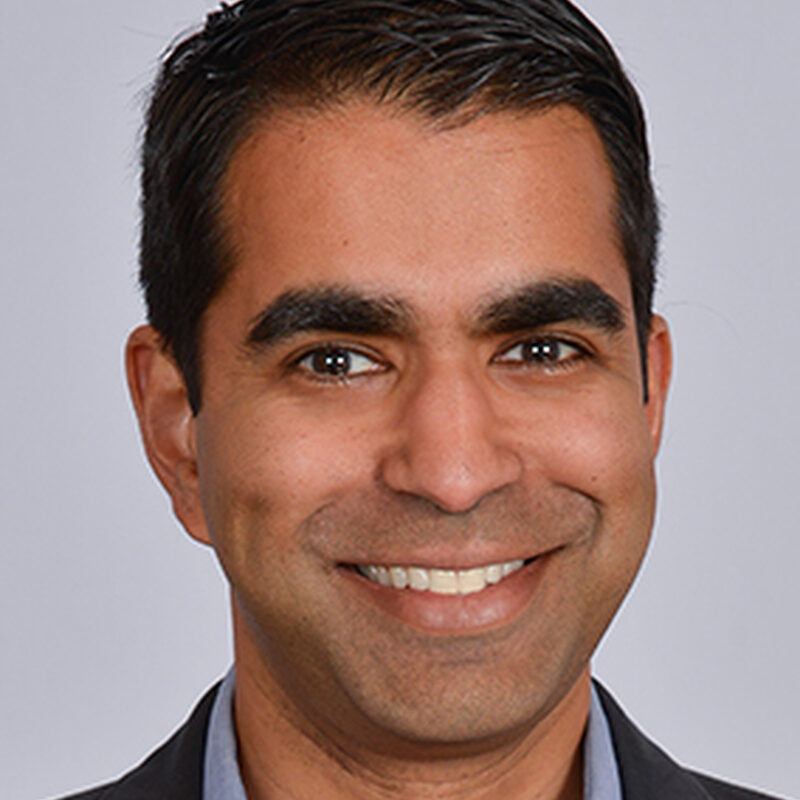About this Conversation
The role of artificial intelligence (AI) in healthcare and medicine is rapidly evolving. In this TEDMED Conversation, Bapu Jena, MD, PhD, Physician, Economist & Author of Random Acts of Medicine, explores the dual role of AI–as a surveillance system that may aid in accurate medical diagnosis and as a predictive tool that may provide insights to improve medical diagnosis. He also shares why he has hope that natural experiments will continue to improve the future of medicine with host, Kelly Thomas, PhD.
Related resources:
-Book: Random Acts of Medicine: The Hidden Forces That Sway Doctors, Impact Patients and Shape Our Health. https://www.amazon.com/Random-Acts-Me…
-Podcast: Freakonomics, M.D. https://freakonomics.com/series/bapu/
About Anupam B. Jena
See more
About Anupam
Anupam B. Jena is a distinguished physician economist who uses a unique approach to study the U.S. healthcare system. Instead of controlled trials, he uses “natural experiments” and large datasets to understand what works and what doesn’t in medicine. This means he analyzes real-world events—like what happens to patient care when doctors are busy or on vacation—to draw important conclusions about healthcare. Anupam is the Ruth L. Newhouse Associate Professor of Health Care Policy at Harvard Medical School and an internist at Massachusetts General Hospital. His research focuses on key areas including physician behavior, the economics of medical innovation, and how to improve healthcare efficiency. He is widely recognized for his groundbreaking work, which has earned him several prestigious awards. In 2013, he became the first social scientist to receive the NIH Director’s Early Independence Award. His research has been highlighted in major publications including The New York Times, The Washington Post, and The Wall Street Journal. In addition to his academic work, Anupam has endeavored to make complex healthcare topics easier for broad audiences to understand. He is the co-host of the popular podcast “Tradeoffs,” which explores the difficult choices and surprising effects within the healthcare system. Through his research and public-facing work, he provides valuable insights that help shape healthcare policy and improve patient care.